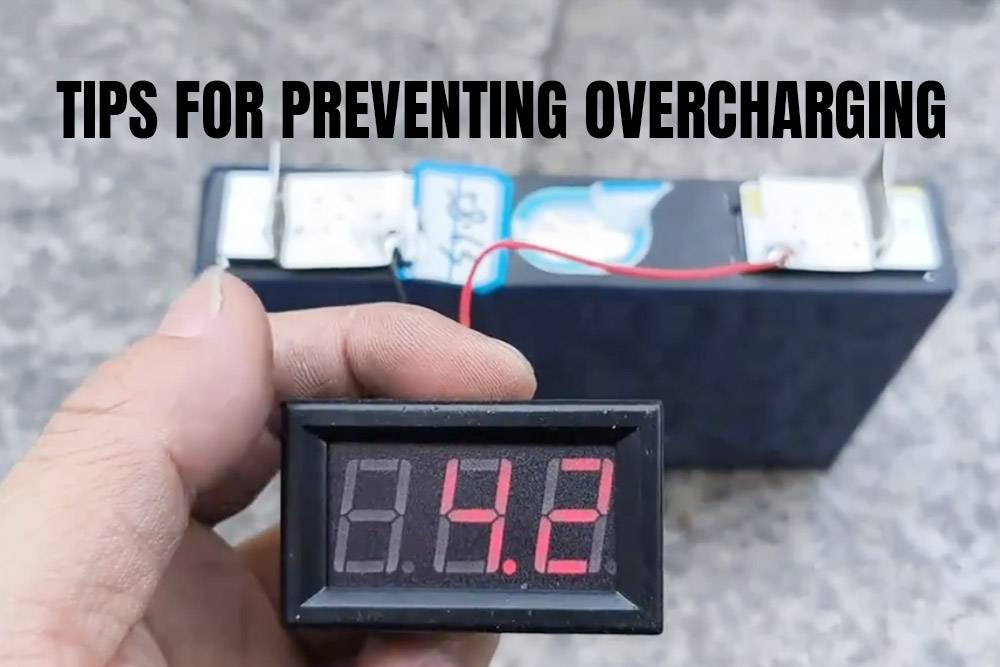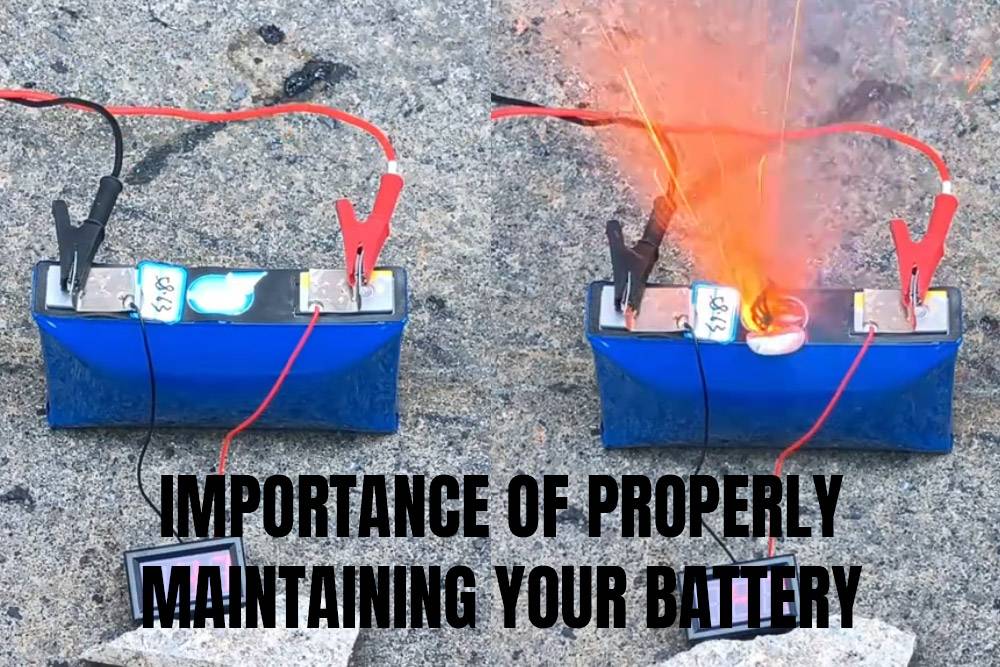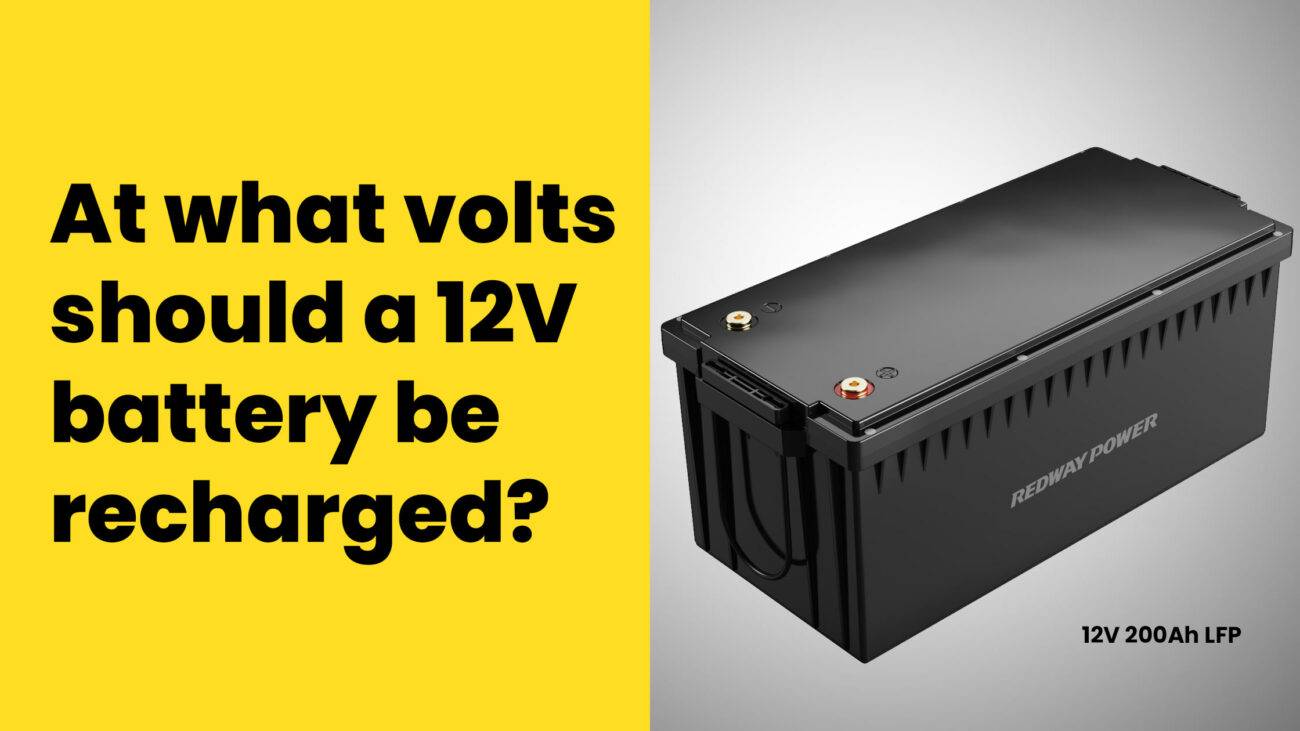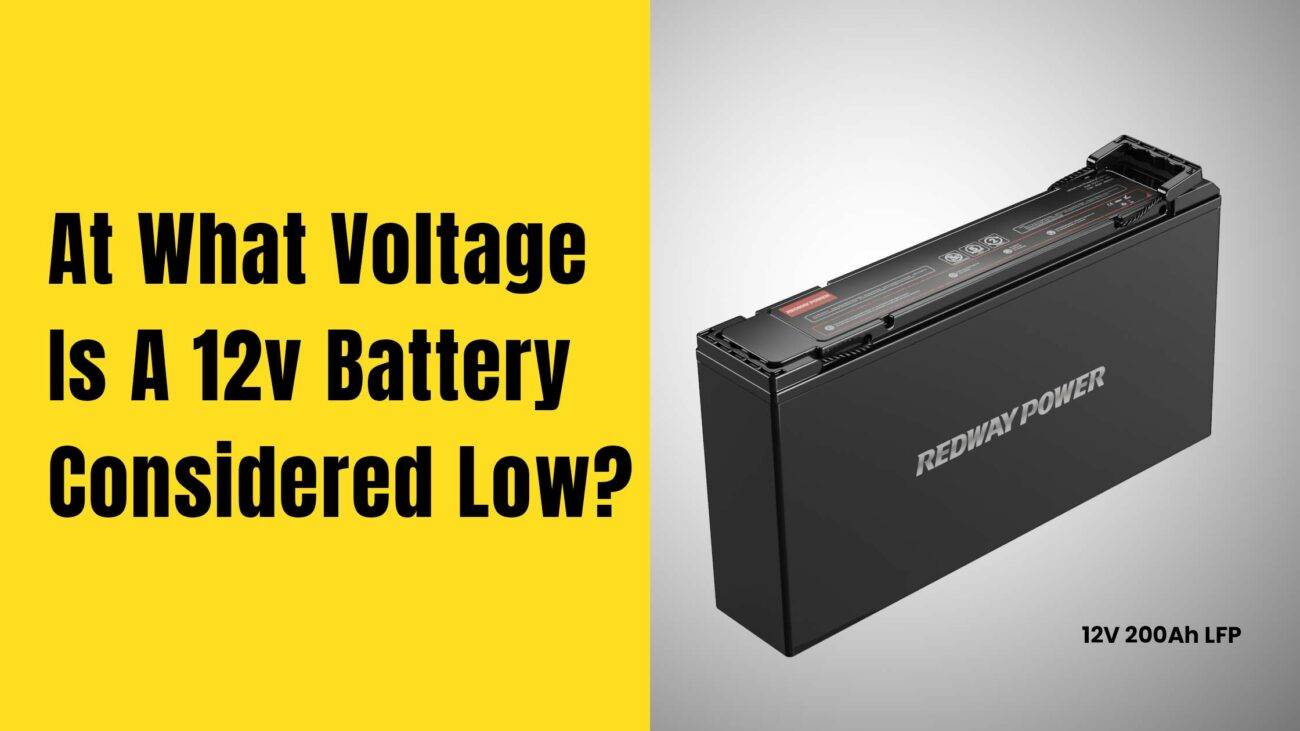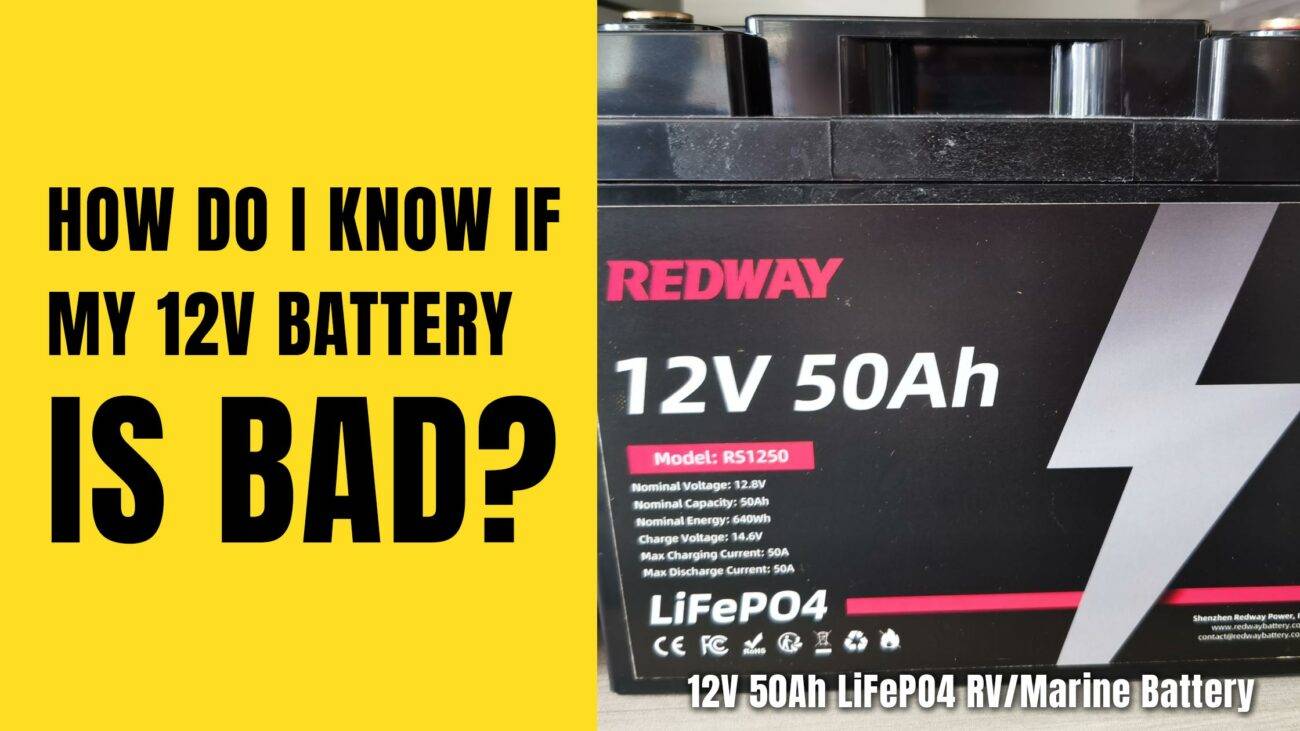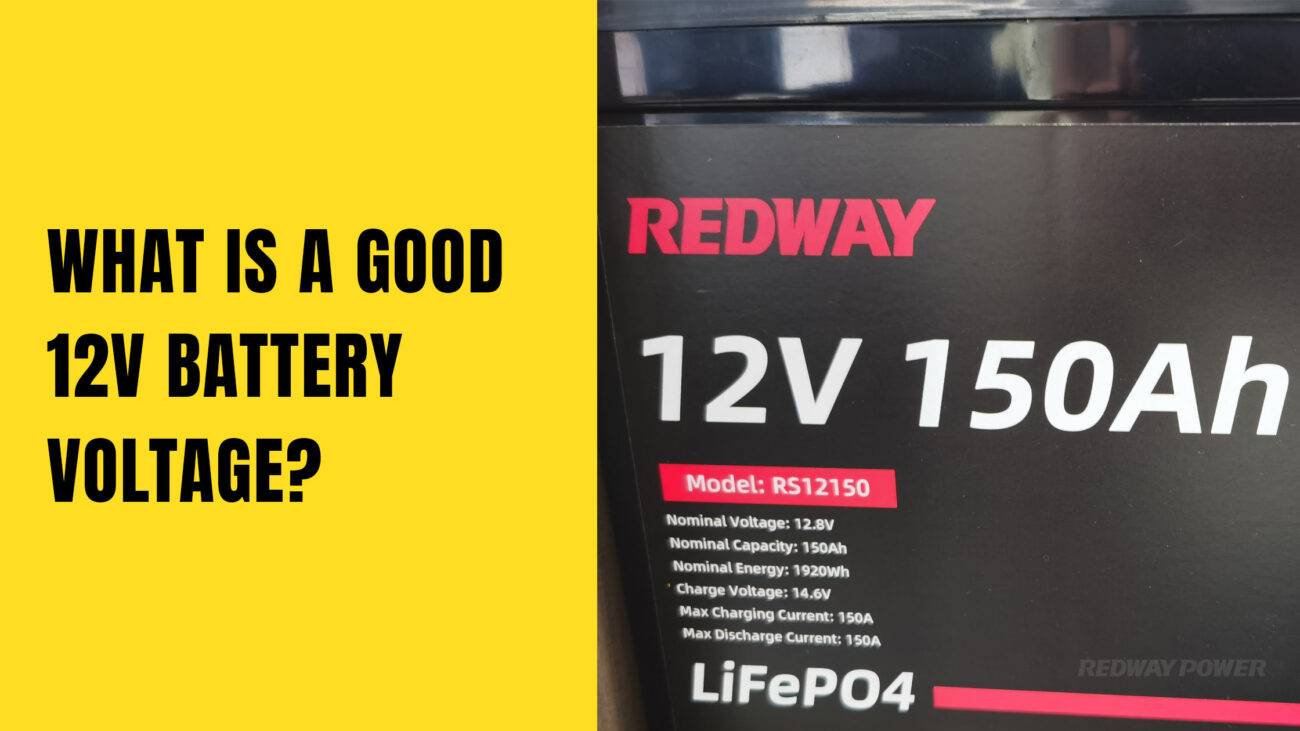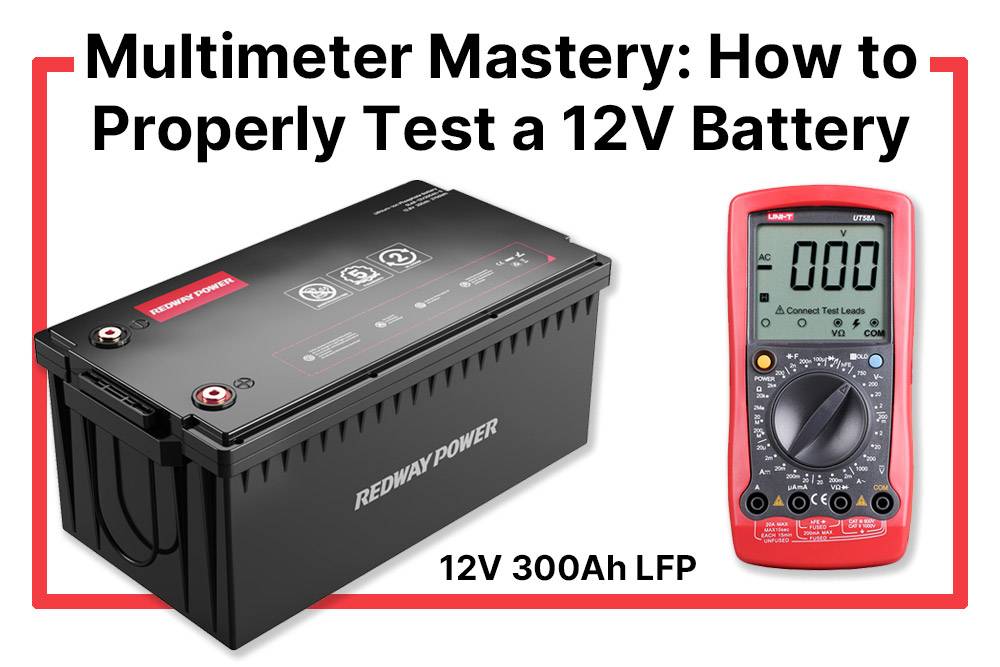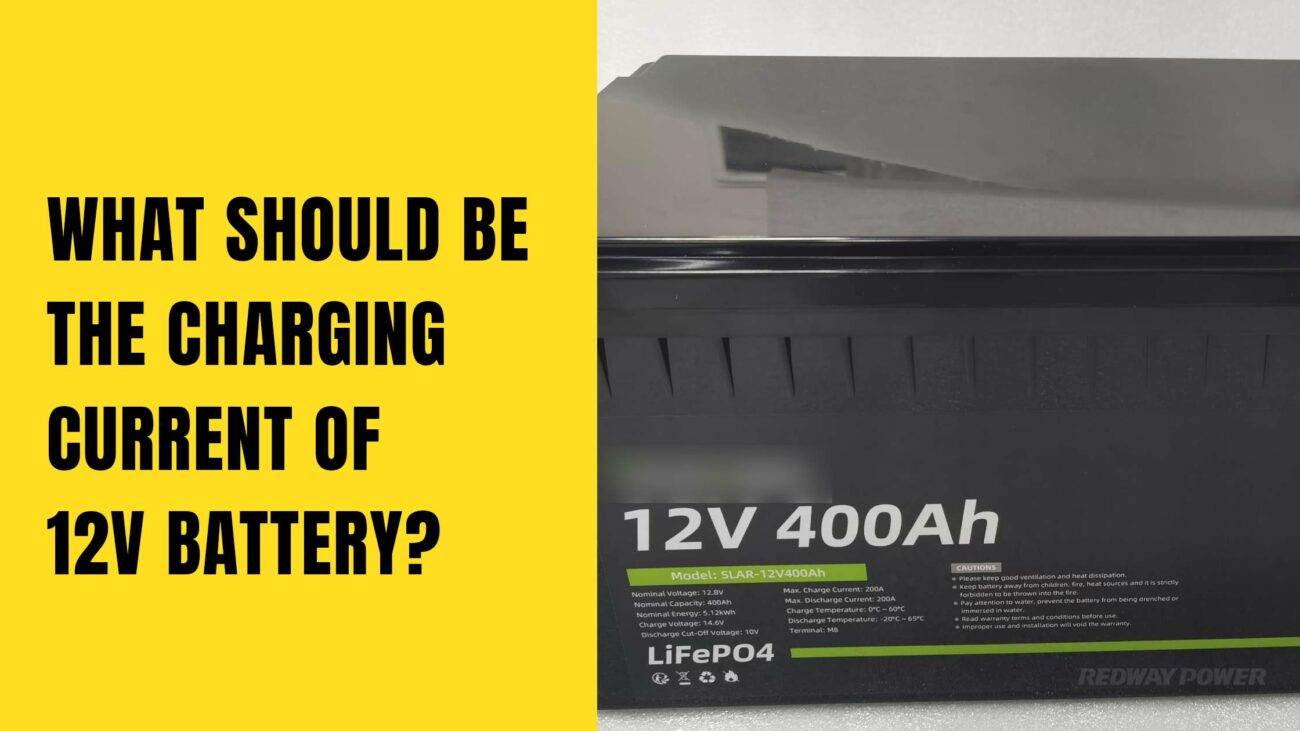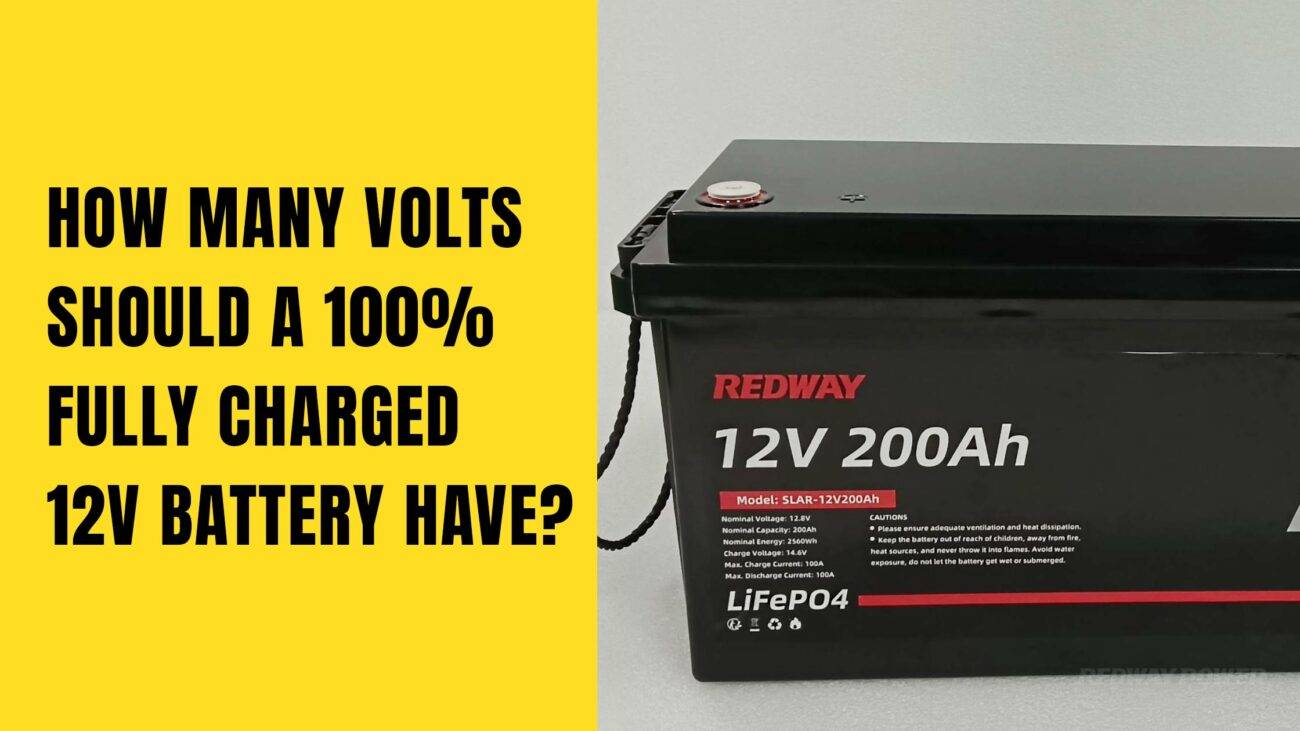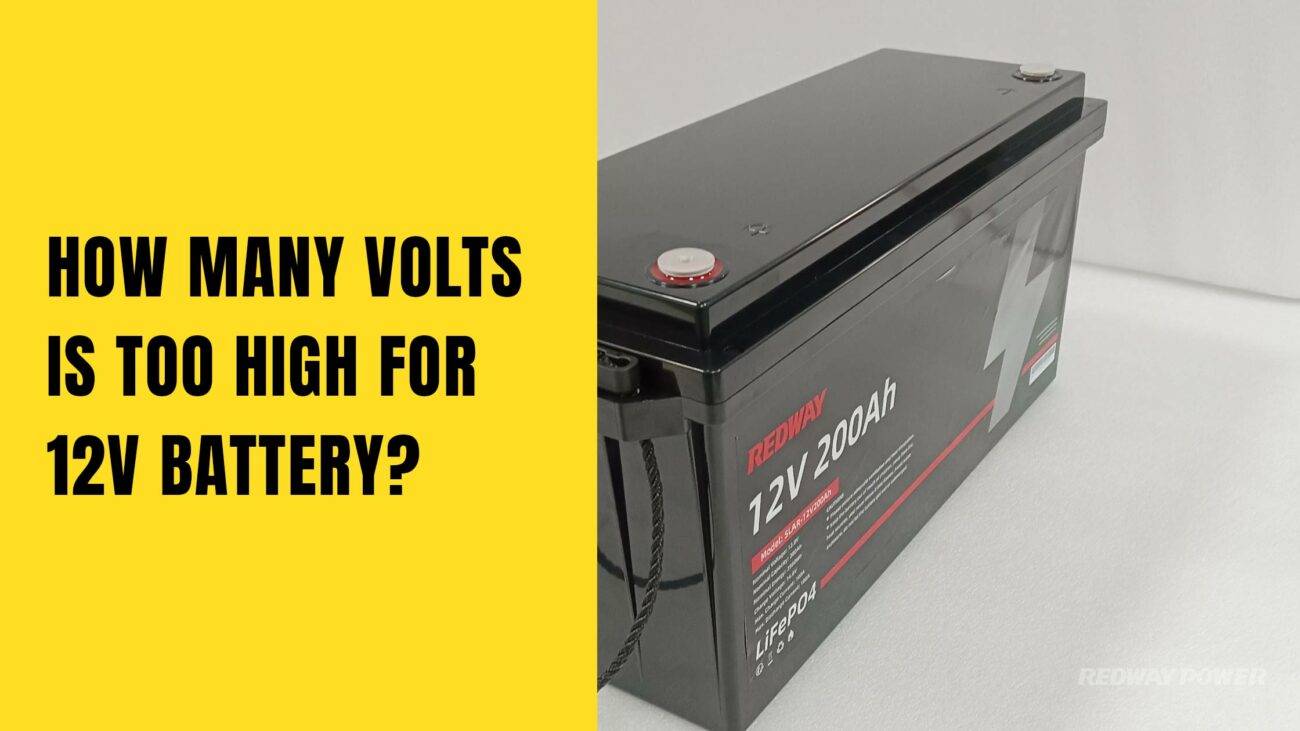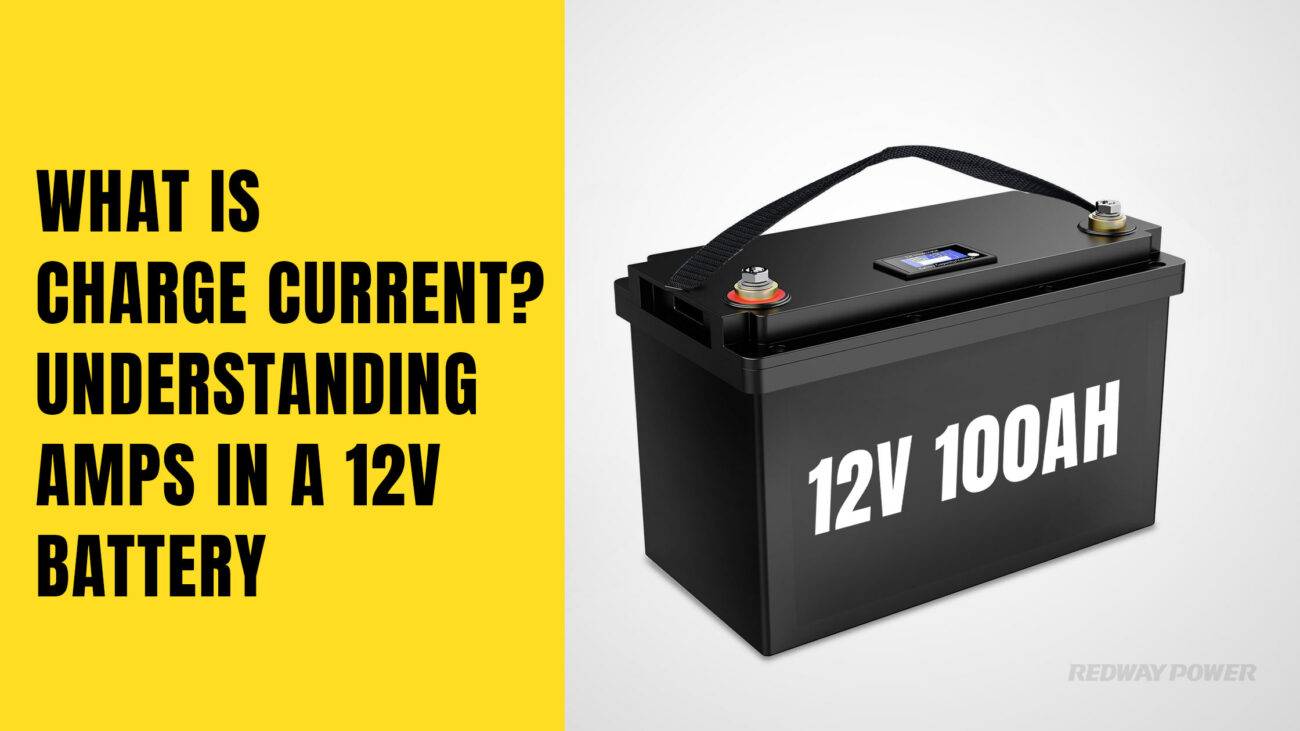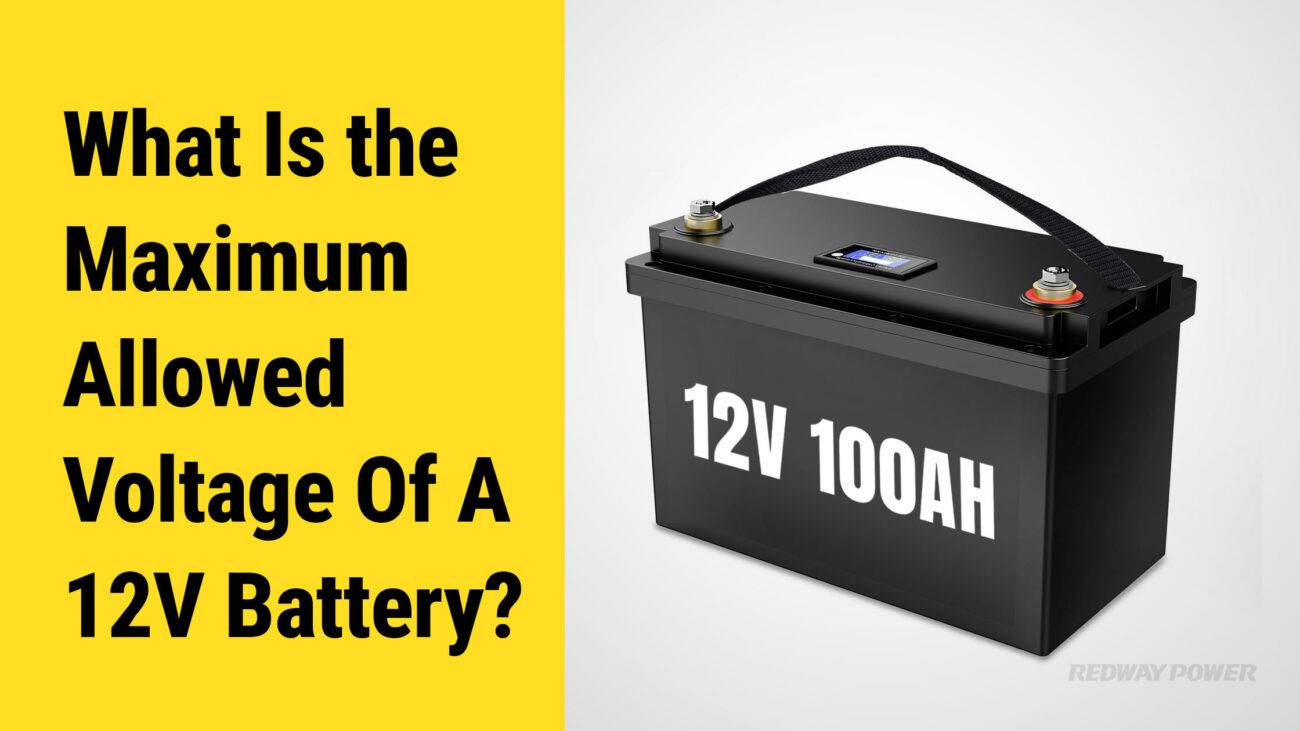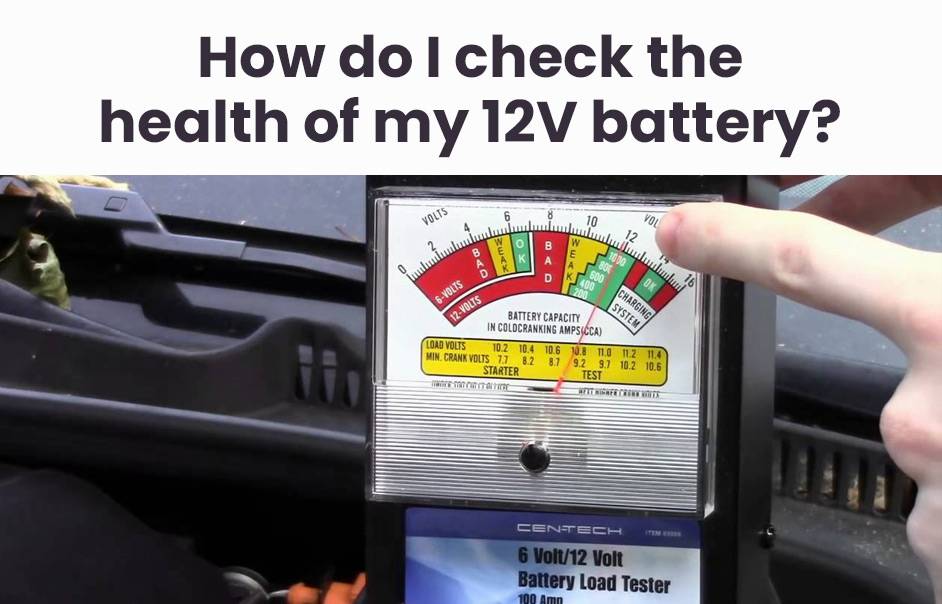- Forklift Lithium Battery
-
48V
- 48V 210Ah
- 48V 300Ah
- 48V 420Ah (949 x 349 x 569 mm)
- 48V 420Ah (950 x 421 x 450 mm)
- 48V 456Ah
- 48V 460Ah (830 x 630 x 590 mm)
- 48V 460Ah (950 x 421 x 450 mm)
- 48V 460Ah (800 x 630 x 600 mm)
- 48V 460Ah (820 x 660 x 470 mm)
- 48V 500Ah
- 48V 560Ah (810 x 630 x 600 mm)
- 48V 560Ah (950 x 592 x 450 mm)
- 48V 600Ah
- 48V 630Ah
-
48V
- Lithium Golf Cart Battery
- 12V Lithium Battery
12V 150Ah Lithium RV Battery
Bluetooth App | BCI Group 31
LiFePO4 Lithium
Discharge Temperature -20°C ~ 65°C
Fast Charger 14.6V 50A
Solar MPPT Charging - 24V Lithium Battery
- 36V Lithium Battery
- 48V Lithium Battery
-
48V LiFePO4 Battery
- 48V 50Ah
- 48V 50Ah (for Golf Carts)
- 48V 60Ah (8D)
- 48V 100Ah (8D)
- 48V 100Ah
- 48V 100Ah (Discharge 100A for Golf Carts)
- 48V 100Ah (Discharge 150A for Golf Carts)
- 48V 100Ah (Discharge 200A for Golf Carts)
- 48V 150Ah (for Golf Carts)
- 48V 160Ah (Discharge 100A for Golf Carts)
- 48V 160Ah (Discharge 160A for Golf Carts)
-
48V LiFePO4 Battery
- 60V Lithium Battery
-
60V LiFePO4 Battery
- 60V 20Ah
- 60V 30Ah
- 60V 50Ah
- 60V 50Ah (Small Size / Side Terminal)
- 60V 100Ah (for Electric Motocycle, Electric Scooter, LSV, AGV)
- 60V 100Ah (for Forklift, AGV, Electric Scooter, Sweeper)
- 60V 150Ah (E-Motocycle / E-Scooter / E-Tricycle / Tour LSV)
- 60V 200Ah (for Forklift, AGV, Electric Scooter, Sweeper)
-
60V LiFePO4 Battery
- 72V~96V Lithium Battery
- Rack-mounted Lithium Battery
- E-Bike Battery
- All-in-One Home-ESS
- Wall-mount Battery ESS
-
Home-ESS Lithium Battery PowerWall
- 24V 100Ah 2.4kWh PW24100-S PowerWall
- 48V 50Ah 2.4kWh PW4850-S PowerWall
- 48V 50Ah 2.56kWh PW5150-S PowerWall
- 48V 100Ah 5.12kWh PW51100-F PowerWall (IP65)
- 48V 100Ah 5.12kWh PW51100-S PowerWall
- 48V 100Ah 5.12kWh PW51100-H PowerWall
- 48V 200Ah 10kWh PW51200-H PowerWall
- 48V 300Ah 15kWh PW51300-H PowerWall
PowerWall 51.2V 100Ah LiFePO4 Lithium Battery
Highly popular in Asia and Eastern Europe.
CE Certification | Home-ESS -
Home-ESS Lithium Battery PowerWall
- Portable Power Stations
How Can I Prevent My 12V Battery From Overcharging?
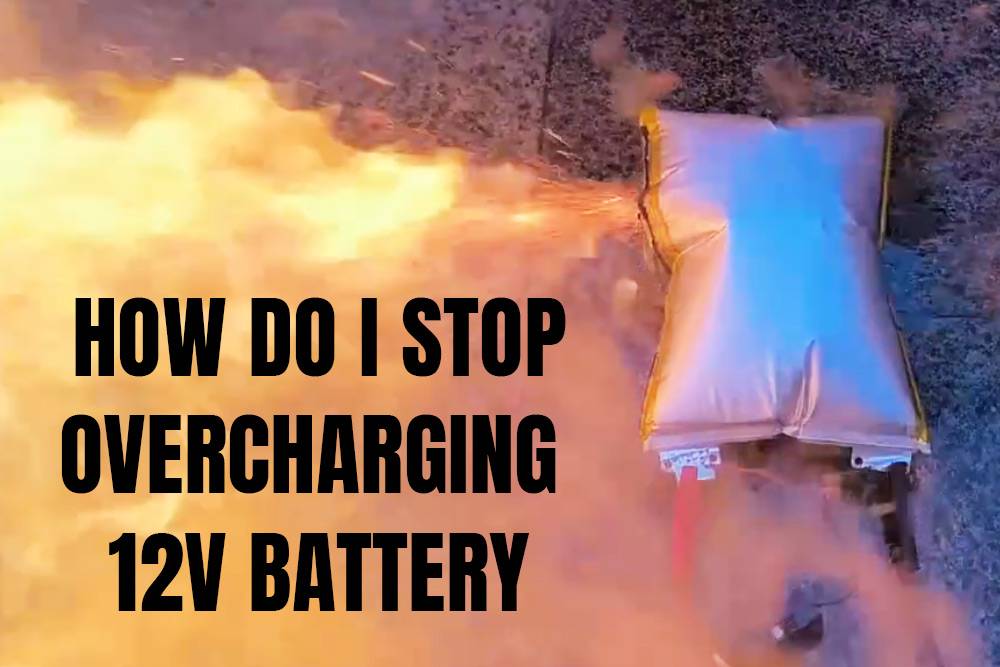
Preventing your 12V battery from overcharging is crucial for maintaining its health and longevity. Overcharging can lead to reduced capacity, overheating, and even damage or explosion. By understanding the causes of overcharging and implementing preventive measures, you can ensure your battery operates efficiently.
What causes a 12V battery to overcharge?
Overcharging occurs when a battery receives more voltage than it can handle, leading to excessive heat and gas buildup. Common causes include:
- Faulty Chargers: Chargers without proper voltage regulation can supply too much power.
- Incorrect Charger Settings: Using a charger not designed for your specific battery type may result in overvoltage.
- Battery Age: Older batteries may not regulate their charge effectively, making them more susceptible to overcharging.
Chart: Common Causes of Overcharging
| Cause | Description |
|---|---|
| Faulty Chargers | Lack of voltage regulation |
| Incorrect Settings | Mismatched charger specifications |
| Aging Batteries | Reduced ability to manage charge |
How can I prevent overcharging my 12V battery?
To prevent overcharging, consider these strategies:
- Use Smart Chargers: These chargers automatically adjust the voltage and current based on the battery’s state of charge.
- Regular Monitoring: Check the voltage regularly with a multimeter during charging.
- Proper Charger Selection: Always use a charger compatible with your battery type and specifications.
What are the signs of an overcharged battery?
Signs that your 12V battery may be overcharged include:
- Swelling or Bulging: Physical deformation indicates internal pressure buildup.
- Excessive Heat: The battery feels hot to the touch during or after charging.
- Leaking Electrolyte: Fluid leaking from the battery casing is a serious warning sign.
Chart: Signs of Overcharging
| Sign | Description |
|---|---|
| Swelling | Physical deformation of the battery |
| Excessive Heat | High temperatures during charging |
| Leaking Electrolyte | Fluid escaping from the casing |
What tools can help monitor battery voltage?
Several tools can assist in monitoring your 12V battery’s voltage:
- Multimeter: A versatile tool for measuring voltage, current, and resistance.
- Battery Monitor: A dedicated device that provides real-time voltage readings and alerts for low or high voltages.
- Smart Charger: Many modern chargers come equipped with built-in monitoring systems that prevent overcharging.
Why is it important to avoid overcharging a battery?
Avoiding overcharging is crucial because:
- Battery Lifespan: Overcharging significantly reduces the lifespan of batteries by damaging internal components.
- Safety Risks: It increases the risk of overheating, leaks, or even explosions in extreme cases.
- Performance Degradation: Consistent overcharging leads to diminished capacity and efficiency.
How do smart chargers work to prevent overcharging?
Smart chargers utilize advanced technology to manage the charging process:
- Voltage Regulation: They automatically adjust output based on the specific needs of the connected battery.
- Charge Cycle Management: Smart chargers often include multiple stages (bulk, absorption, float) to optimize charging efficiency and safety.
- Temperature Compensation: Some models adjust charging parameters based on ambient temperature, further protecting against overcharge.
Industrial News
Recent advancements in charging technology have emphasized the importance of smart chargers in preventing battery overcharge issues. Manufacturers are increasingly integrating features that allow users to monitor their batteries remotely via smartphone apps, enhancing user experience and safety measures. As electric vehicle adoption grows, these technologies are becoming essential in both consumer and industrial applications.
Redway Power Insights
“Preventing overcharge is vital for maintaining both safety and performance in batteries,” states an expert from Redway Power. “Investing in smart charging solutions not only extends the life of your batteries but also enhances overall operational reliability.”
FAQ Section
What should I do if my 12V battery shows signs of swelling?
Immediately stop using the battery, disconnect it from any devices, and store it safely away from flammable materials until assessed by a professional.How often should I check my 12V battery’s voltage?
It’s advisable to check your battery’s voltage at least once a month or more frequently if you’re using it regularly.Can I use any charger for my 12V battery?
No, always use a charger specifically designed for your type of battery (e.g., lead-acid, lithium-ion) to avoid damage or safety risks.
